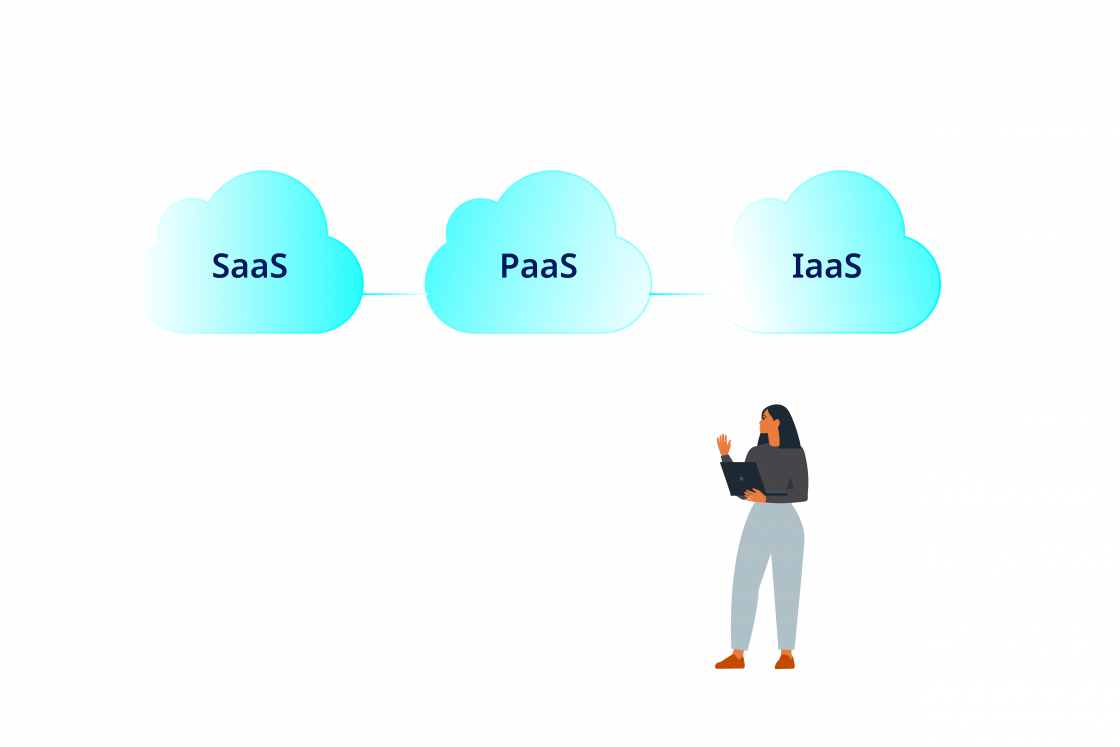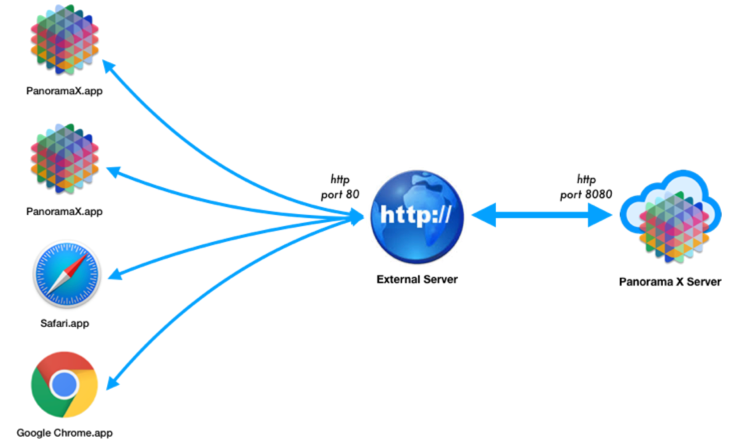
There are many types of web hosting services available, with each offering different plans and features. Web hosts host their servers in data centers so subscribers don't have to worry about buying their own servers. Accessing web hosting services is as easy as logging in to your web browser. It will then translate the URL to an address that can be sent to the web server. The web host is the owner of the web server, and the space is rented to subscribers.
Hosted in a shared environment
Shared hosting is the most economical type of web hosting because it allows many sites to be hosted on one server. This type of hosting spreads the server maintenance costs across many customers making it the most cost efficient. However, if you have a large website, you might want to consider buying a dedicated server instead.
Websites with smaller budgets will love shared hosting. It's an affordable and easy way to host a site. However, there are limitations. This type of hosting doesn't allow you to create your own domain or your own email address.
Hosted exclusively
A dedicated hosting provider leases one server to a client. This method gives the website owner more total system resources and more control over the website. It's also an option that is better for data security. Dedicated servers can be used in many ways, including to store files, email, and databases.

Dedicated hosting is ideal if you have a large website or business. This hosting option allows you to have full control of your server, and can even install the software required for your website. You can customize the security settings of your server according to your requirements. This type of hosting offers the highest level possible security since it does not share your server with other websites. Security can be tightened as needed.
Managed hosting
Managed hosting allows you to have your server managed by the hosting provider. They manage the server's security and updates. While it may be more costly than dedicated hosting, it offers 24/7 IT support. Managed Hosting has many advantages and can save you lots of money in the long term.
Managed hosting is, for one, more efficient. Instead of spending time fixing problems, managed hosting can allow you to concentrate on creating content for your users and improving their experience. Service providers ensure server uptime and performance. It also includes a control panel that makes it easier to manage the site. The control panel offers support with tools for developers. Finally, managed hosting provides powerful backups. You can easily scale up or down your business as needed. It takes a lot of time for in-house staff to expand capacity.
Cloud hosting
Cloud hosting is an excellent way to create a reliable, secure website. Unlike conventional web hosting, where each tenant site has a fixed amount of server space, cloud hosting allows you to scale the server based on how much space you need. The provider will only charge for the actual resources used.
Cloud hosting allows for you to scale according to how much traffic your website receives. Your website will not become too crowded. If your site experiences an unexpected spike in traffic, you can quickly and easily add more resources. You can also expect round-the-clock support from cloud hosting providers.

E-commerce web hosting
E-commerce websites have special needs when it comes to web hosting. These websites receive more traffic than regular websites, and they require more processing power. As a result, these websites often have more requests to process, and if the servers are not powerful enough, your website can go offline. This is why it's important to find a host that can handle these requests.
It is important to choose an ecommerce web hosting company that places a strong emphasis on security. Protecting customer data is critical for ecommerce websites. To make sure this is possible, look for a web hosting provider that offers a range of security features, such as HTTPS and SSL encryption. You can also look for a web host that is PCI-compliant, which ensures that they have the latest security software.
FAQ
Can I use a Template or Framework on My Website?
Yes! Pre-built templates and frameworks are often used when building websites. These templates include all of the code required to display the information on your webpage.
Some of the most well-known templates are:
WordPress - the most widely used CMS
Joomla - Joomla! - another open source CMS
Drupal - Drupal is an enterprise-level software that large organizations can use
Expression Engine - a proprietary CMS from Yahoo
Each platform has hundreds of templates, so it should not be hard to find the one that you like.
How much does a website cost?
The answer depends on what you are trying to achieve with your website. Google Sites may not be required if you simply want to provide information about yourself or your company.
If you want to attract more visitors to your website, however, you will need to pay for something stronger.
A Content Management System (like WordPress), is the most popular option. These programs make it easy to create websites without any programming knowledge. The sites are hosted by third-party businesses, so there is no risk of your site being hacked.
Squarespace offers a great way to build your website. They offer a variety of plans ranging from $5 per month to $100 per month, depending on what you want to include on your site.
How to Create a Static Website
There are two options for creating your first website:
-
Content Management System (a.k.a. WordPress is a Content Management System (a.k.a. You can then use it to build an important website.
-
A static HTML website is created by you. If you are familiar with HTML, it's easy to do.
If you plan to build a large website, you may want to consider hiring an expert to create your static website.
Start by choosing option 2.
Statistics
- When choosing your website color scheme, a general rule is to limit yourself to three shades: one primary color (60% of the mix), one secondary color (30%), and one accent color (10%). (wix.com)
- It's estimated that chatbots could reduce this by 30%. Gone are the days when chatbots were mere gimmicks – now, they're becoming ever more essential to customer-facing services. (websitebuilderexpert.com)
- Studies show that 77% of satisfied customers will recommend your business or service to a friend after having a positive experience. (wix.com)
- The average website user will read about 20% of the text on any given page, so it's crucial to entice them with an appropriate vibe. (websitebuilderexpert.com)
- Is your web design optimized for mobile? Over 50% of internet users browse websites using a mobile device. (wix.com)
External Links
How To
What is website hosting?
Website hosting is the location where people go when they visit websites. There are two types of website hosting:
-
Shared Hosting - This is your cheapest option. Your website files will reside on a server belonging to someone else. When customers visit your site, their requests travel over the Internet to that server. The server owner then forwards the request to you.
-
Dedicated hosting is the most expensive option. Your website resides entirely on one server. Your traffic stays private as no other websites can share the same server.
Shared hosting is preferred by most businesses because it's cheaper than dedicated hosting. You can use shared hosting if the company owns the server to provide the resources required for your website.
Both options have their pros and cons. Here are the differences:
Sharing Hosting Pros
-
Lower Cost
-
Easy to Set Up
-
Frequent Updates
-
It is possible to find it on many web hosting companies
Shared hosting can often cost as little as $10/month. Keep in mind, however, that bandwidth is usually included in the price. Bandwidth refers to the amount of data you can transfer across the Internet. You may have to pay extra for large amounts of data, even if your blog only contains photos.
You'll soon discover why you paid so much more for your previous host when you get started. Most shared hosts provide very limited customer support. You'll be on your way after they walk you through setting it up.
It is important to find a provider that provides 24-hour support. They will assist you with any problems that may arise while you're sleeping.
Cons of dedicated hosting
-
More Expensive
-
Fewer Common
-
Requires specific skills
You're getting everything you need with dedicated hosting to operate your website. You won't have worry about whether your website is using enough bandwidth, or whether it has enough RAM (random-access memory).
This means you will need to spend more upfront. However, once your business goes online, you'll discover that you don’t need as much technical support. You'll be able to manage your servers effectively.
Which Is Better For My Business:
The answer depends on what kind of website you want to create. If you're selling products only, shared hosting might work best. It is simple to set up and easy to maintain. Because you share a server, you will most likely receive frequent updates.
However, dedicated web hosting is the best way to build a community around you brand. You can put your efforts into building your brand, and not worry about how to handle your traffic.
If you're looking for a web host that offers both options, we recommend Bluehost.com. Bluehost.com provides unlimited monthly data transfer, 24/7 support, free domain registration and a 30-day money back guarantee.